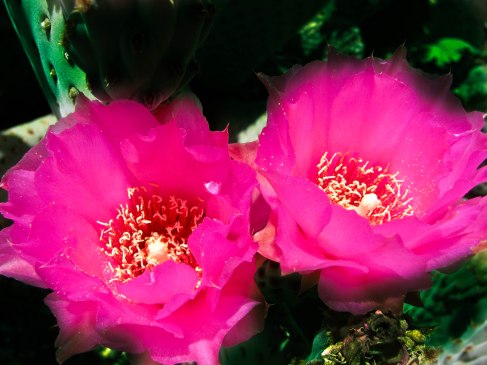Psychological stress and tension affects us on many levels. A stiff neck and shoulders or back pain are typical symptoms.
When we face stress the body is flooded by stress hormones such as adrenalin, noradrenaline and cortisol. These cause the muscles to tighten up. In extreme cases the muscle fibres pressure the blood vessels causing circulatory disorder that can trigger inflammation.
A good circulation is particularly important to flush acidic waste or other products from cell tissue. Lack of nutrients and too much acidity typically cause fatigue and pain.
We might feel a stinging pain, sensitivity to pressure and limitation to body movements. Tense muscles or pain causes further tensing-up which puts us into a vicious cycle of stress and pain.
With most people doing office jobs we are top-heavy, meaning there is a lot of pressure and tension in the upper part of the body with the lower abdomen and the feet “losing their grounding”.
Muscle tension is not to be underestimated. A painful back and shoulders are often the first signs that “we are carrying too much”. It is amazing how many people just bear with it and become used to this pain. But the longer we wait in dealing with our stress management, the worse it will get. The quality of life suffers enormously on the long run.
Focusing our mind on slow, deep gentle breathing will help you relax, especially if you breathe out into the region of muscle tension. Take time out for yourself and find a spot where you can be at peace.
In the Taiji body arts we spend a lot of time aligning the three energy centres:
-
The lower Dan Tien below the navel that encompasses the area of the lower back and kidneys. Here we work on loosening the thighs so that energy can flow from the feet and legs.
-
The second Dan Tien from the breastbone to the lower end of the shoulder blades. Opening the chest and relaxing the shoulders
-
The third Dan Tien or “third eye” between the eyebrows. Lowering the chin towards your chest and aligning the centre of your head to a point about 60 cm above you so that your neck muscles are slightly stretched.
With an improved posture and good vertical alignment of the body your breathing will automatically improve and help you relax, even during times of stress. This takes time and patience, especially if you decide to learn the body arts such as yoga, taiji or qi gong. But the reward is immense. It makes you become more aware of your real needs on many levels and certainly improve your quality of life – pain free.






